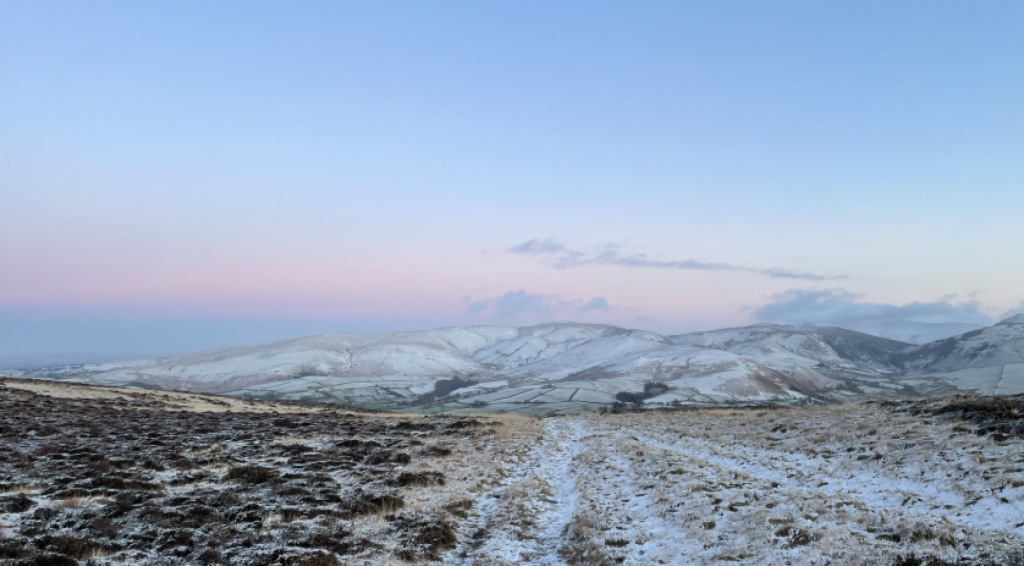Reflection

I believe that this project has been a success, my goals were well defined early on in the term. The practitioners and theorists I researched gave me a clear blueprint for my project, Ashman provided the initial concept, i transferred this concept to a different medium and developed it through methods inspired by musique concrete. Through reading the work of Tim Harrison I contextualised diegetic scoring within the traditional structures of cinematic sound design, exploring the relationships and similarities between ambience and music. Through researching Bernie Krause and utilising his concepts i have gained a depth of understanding of ambience, its informational quality and compositional potential. It has informed my dissertation as it has made me realise, it is possible to argue that designing a films ambience can be seen as a form of diegetic scoring.
I planned multiple methods of how to utilise material as a musical instrument, focused on the most conceivably effective one and developed it through multiple iterations/experiments. I changed recording methods, compositional methods and explored many implementations of my recordings into the soundscape. Eventually, i found that the implementation was most effective when informed by, and composed with the ambience.
I believe this project to be an effective proof of concept. Subjective as it is, i believe that these methods have resulted in a score that feels like part of the environment. However, Jose’s criticism from the presentation does ring true to me, he suggested that my aim was to create a score inspired by realism, and what i presented was rather abstract. I think this feeling of ‘abstractness’ comes from the context of the film score, perhaps it is abstract in its sound because it is an abstract piece of music, it has a unique timbre for its context (film score). However, i would argue that if we were to analyse the piece within a wider context, disregarding the traditional timbre of film scores, this score is contextually more coherent than most.
In the coming year, i plan to improve on this scoring practice. I believe that there are more effective methods of diegetically anchoring a film score. I also plan to conduct more experiments, creating a varied series of scores that increase in abstraction. Perhaps three scores for the same film, so as to illustrate my not yet proved suspicion of an inverse correlation between abstraction and immersion within film scoring. This will be a practice based realisation of my dissertation. ‘To what extent can peripheral sound be exploited in the practice of diegetic scoring for cinema?‘
